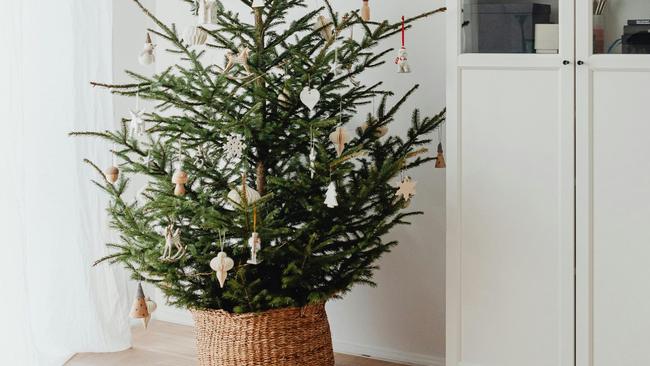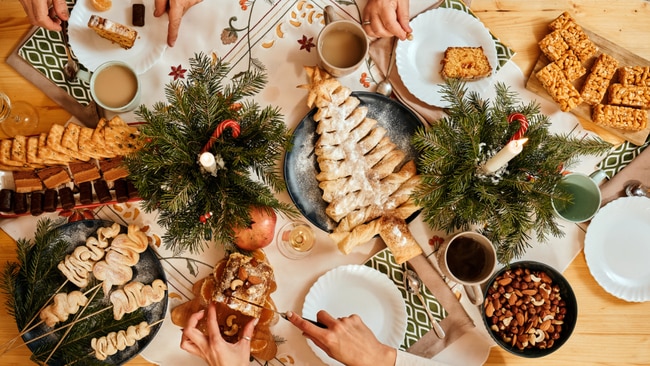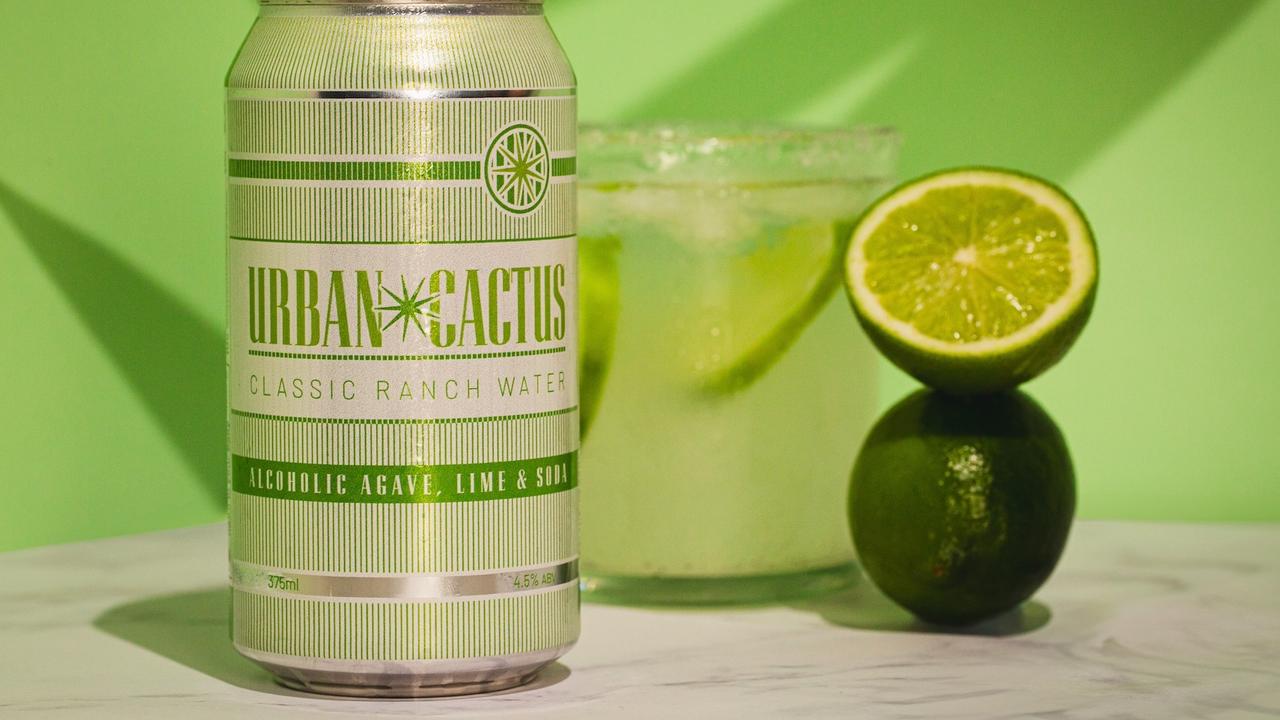The hidden health benefits of your Christmas tree and how to unlock them
It’s more than just an eye-catching decoration

Lifestyle
Don't miss out on the headlines from Lifestyle. Followed categories will be added to My News.
Stuck on what to do with your Christmas tree now that the holiday season is coming to an end? Here’s one immunity-boosting way to make the most out of your festive foliage.
When it comes to celebrating Christmas, there are two types of people; Those who can’t imagine their home without the smell of fresh pine needles, and those who are more than satisfied with their trusty artificial tree.
The debate around the best type of Christmas tree has been going on for decades, and it’s not the only tree-related conundrum people seem to have trouble agreeing on.
Every year, different households argue about the right time to put up a Christmas tree, the right time to take down their Christmas tree, and of course, what to do with a once-dazzling real tree once the festive season comes to a close.
Well, before you dump your old tree on the verge, it may be worth salvaging a few handfuls of pine needles to try out these immunity-boosting hacks.

While artificial trees have come a long way since they first broke onto the scene, with most looking, feeling and smelling exactly like they were hacked down from a forest, even the Grinchiest of those among us will admit there’s no true comparison to the real thing.
But, the commercialisation of the annual holiday has quickly transformed our festivities into an extravagant – and often wasteful – affair, leaving our bins overflowing with wrapping paper, uneaten food and decorations mere days after Christmas.
Minimising cost and waste is one of the biggest reasons more and more people are opting for artificial trees. After all, is it really worth hacking down a beautiful tree in the name of festive cheer, only for it to end up as a dried-up pile of pine needles come January?
For those who insist on honouring the yearly tradition of filling their home with a real tree, here are a few tips to minimise unnecessary waste once the festivities come to a close.

What to do with your Christmas tree after the holidays
#1. Put the wood to good use
There are far more beneficial uses for an old Christmas tree and its branches than being discarded on the front verge ahead of the council pick-up. While snuggling up to a warm fire is generally the last thing anyone feels like during an Aussie summer, it can’t hurt to stock up for later in the year.
Another – more seasonally appropriate – way to repurpose the wood of a Christmas tree on its last leg is to shred it up to be used as garden mulch.
#2. Get creative in the kitchen
Believe it or not, the humble pine needle can be used in a variety of dishes, adding a hit of festive flavour all year round.
“The way that generally I cook with [Christmas trees] is to use the needles like an herb, in the same way that you might use rosemary. You use the rosemary to flavour a dish but you don’t necessarily eat the rosemary itself,” UK artisan baker and cook Julia Georgallis, author of “How to Eat Your Christmas Tree,” tells Milk Street.

#3. Brew a batch of pine needle tea
Pine needle tea, an east-Asian delicacy, is rich in antioxidants, vitamin C and vitamin A, making it one of the easiest immunity-boosting concoctions out there. According to some studies, pine needles also contain anti-inflammatory flavonoids that can bind to a specific receptor in the body and help regulate metabolism.
To make this immune-boosting tea, simply cut a small handful of needles into smaller pieces and add them to boiling water, remove from the heat and let brew for 10 to 20 minutes before straining.
“To make pine needle tea’s flavour more mild, enjoy it iced,” registered dietitian nutritionist Kate Spurgin tells Well+Good. “For a more familiar taste, try it blended with your favourite [herbal] teas.”
What to know before consuming your Christmas tree
- Wear gloves when handling your tree – no one wants a scratch or splinter heading into the new year.
- Some festive trees such as Cedar and Yew are highly toxic and inedible, so stick to pine, fir and spruce trees.
- Know where your tree came from; mass-produced trees sold at grocery stores or pop-up tree farms may have been sprayed with insecticides and chemicals, so always wash any branches and needles you intend to use under running water.
- Beware trees sold at grocery stores or in parking lots that may have been sprayed with chemicals.
More Coverage
Originally published as The hidden health benefits of your Christmas tree and how to unlock them





